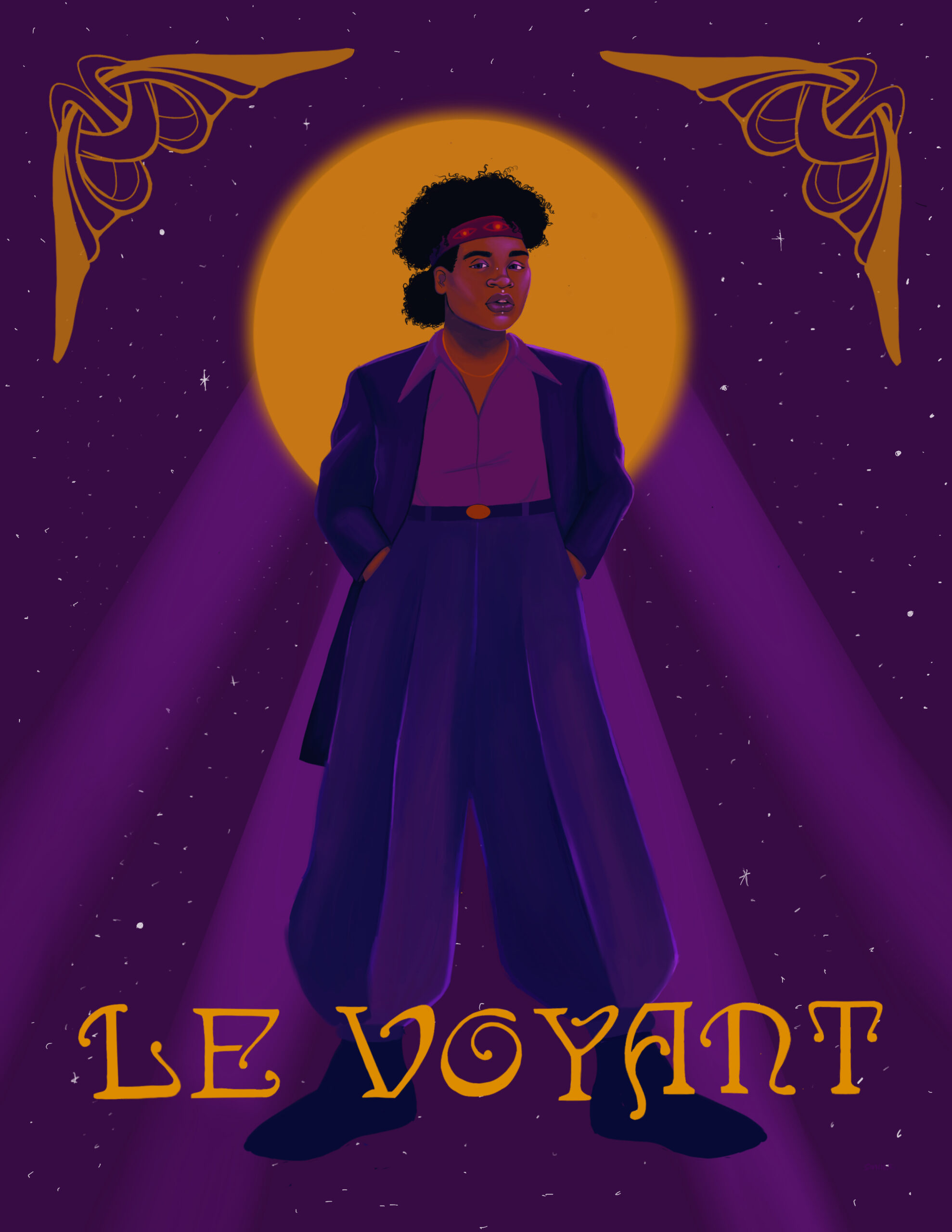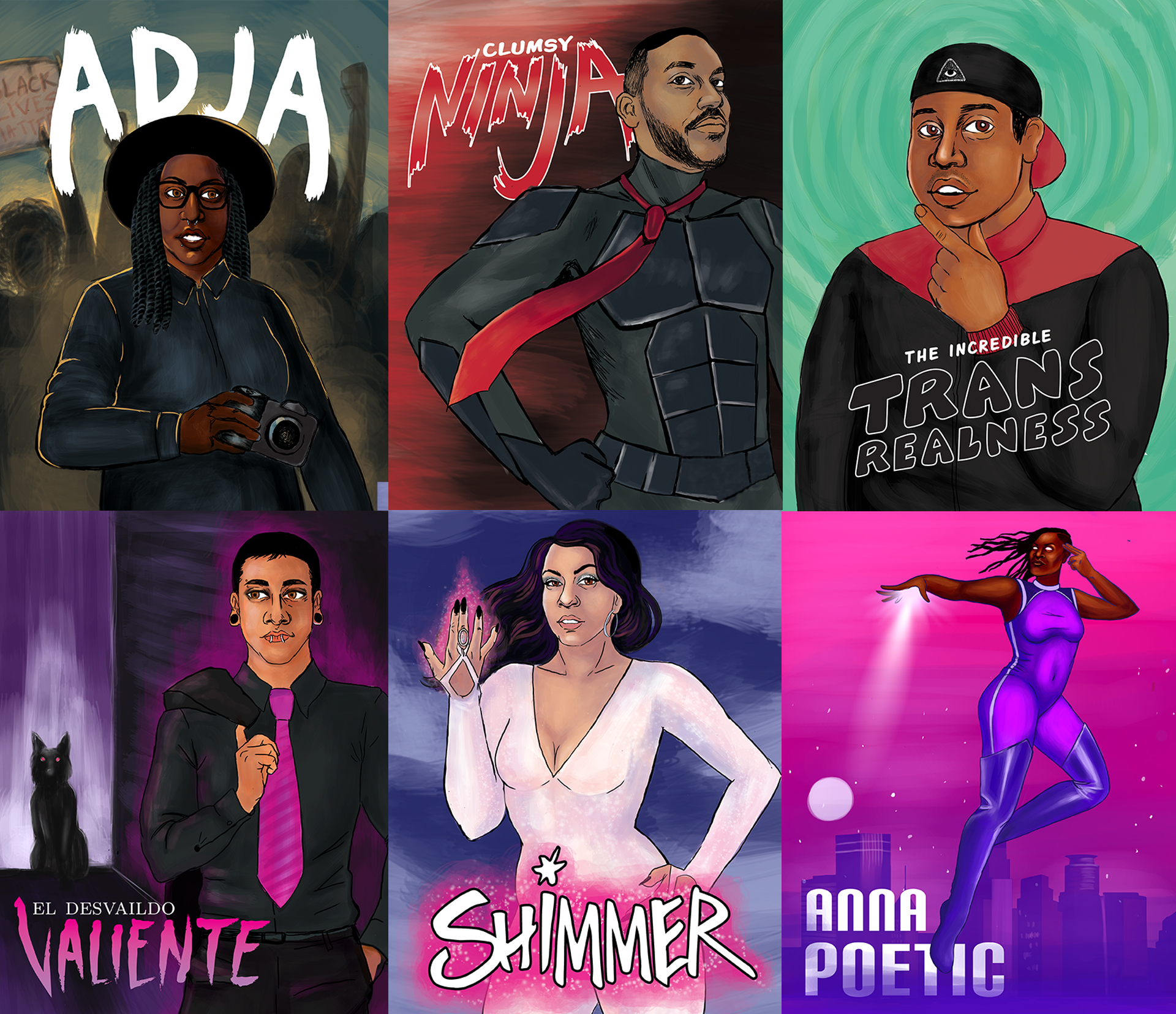The Minnesota Transgender Health Coalition (MTHC) has grown substantially since its inception. It started as primarily a syringe exchange where transgender people in the community could consistently have access to clean syringes. Over time this small community gathering incorporated more resources for transgender, genderqueer, and other gender non-conforming people living in Minnesota. These resources include developing assessment tools and providing trans-related training for clinics and providers, and encouraging awareness and self-advocacy in transgender healthcare consumers through outreach and education.
ROX ANDERSON, INTERIM EXECUTIVE DIRECTOR OF THE MTHC“It’s one equals the other… health access equals housing, employment, food access, and social connection.”
Today, the MTHC focuses on improving healthcare access and the quality of care received by trans people. The MTHC has been at the forefront of trans healthcare in the Twin Cities and understands and acts upon the notion that healthcare is more than doctor visits and checkups.
Rox Anderson, Interim Executive Director of the MTHC, is pushing for action, acknowledgment, and awareness of all that encompasses transgender healthcare and healthcare in general. In their words, “It’s one equals the other… health access equals housing, employment, food access, and social connection.”
Minnesota is one of only three states that does not have an LGBTQIA+ Community Center, despite having 4% of the population openly identify as a member of the LGBTQIA+ community. The Minnesota Transgender Health Coalition is that place for many people; a place where the queer community can “just be.”
Anderson reflects on the visibility of trans folk and says that some things have really changed in the last decade. However, Anderson says, “[Although] there’s a broader connection to trans lives in general, there’s still a disconnect.”

The Social Justice League
Sophie Fesser, a graphic designer who is currently getting their master’s degree in social work, is looking to expand that visibility. Fesser was introduced to Anderson in 2016 regarding their undergraduate final thesis project. They were creating a transgender superhero comic book, an idea that Anderson wanted to expand to a graphic novel to highlight members of the community.
Anderson had people in mind for this project. They wanted to highlight BIPOC (Black, Indigenous, People of Color), transgender people in the community who were “living out and proud.” Fesser met with these “superheroes” to find out what their characters would be called, what their powers were, and what their origin story would be.
The goal of the graphic novel, for Fesser, is to get it out to young people. “It would be a fun way to get kids to see trans people just existing,” they said. “As a kid, I don’t remember seeing any trans people in any of the books I read, or shows that I watched, unless it was in a, sort of, disparaging light.”
The book illustrates that superheroes do exist and that they work hard for their community. Fesser says, “There are people doing really amazing stuff; even when their circumstances may have been pretty difficult, they still rise above that, and work to make their community a better place.”
A long-term goal of the graphic novel is to have more cities create their own “social justice leagues” so different communities can highlight BIPOC transgender people making changes in their respective towns.
The importance of the graphic novel is exhibited by not only its goals, but who is behind it. Anderson ensures that the fundamental objective of the MTHC is not what can be produced but who it can serve and the relationships that it can build. Anderson says it best: health checks become a lower priority when “people don’t have a place to sleep, a place to keep their things, or just genuine connection with others.”
This graphic novel connects not only people within the trans community but the broader Minnesota population to the trans community to inspire change. Fesser says that the superheroes’ powers reflect what many people wish they could do; it showcases “things that they think would change the world” while incorporating their real-life attributes.
In turn, the project itself has brought Fesser closer to the community. “I wasn’t really connected before this … it was an amazing way to meet new people and hear their stories,” they said. “MTHC has been such a big part of my personal growth.” Since the start of this work, Fesser has also strengthened their ties with MTHC, contributing to other graphic design projects for the organization when needed.
The Minnesota Transgender Health Coalition has had a similar impact on many others. In addition to the healthcare they provide, the MTHC is known as a place for empathy and community building. As they continue to show up as a safe place for transgender people in Minnesota, they are also educating the broader community in how they can support trans and queer folks.
The Minnesota Transgender Health Coalition was part of the Community Creativity Cohort 2, a group of 40 organizations that are making art central to their community-building efforts. The Cohort was funded by the Bush Foundation and operated by Arts Midwest from 2019-2022. Check out our History to learn more about this program. This story was created in partnership with NewPublica.
